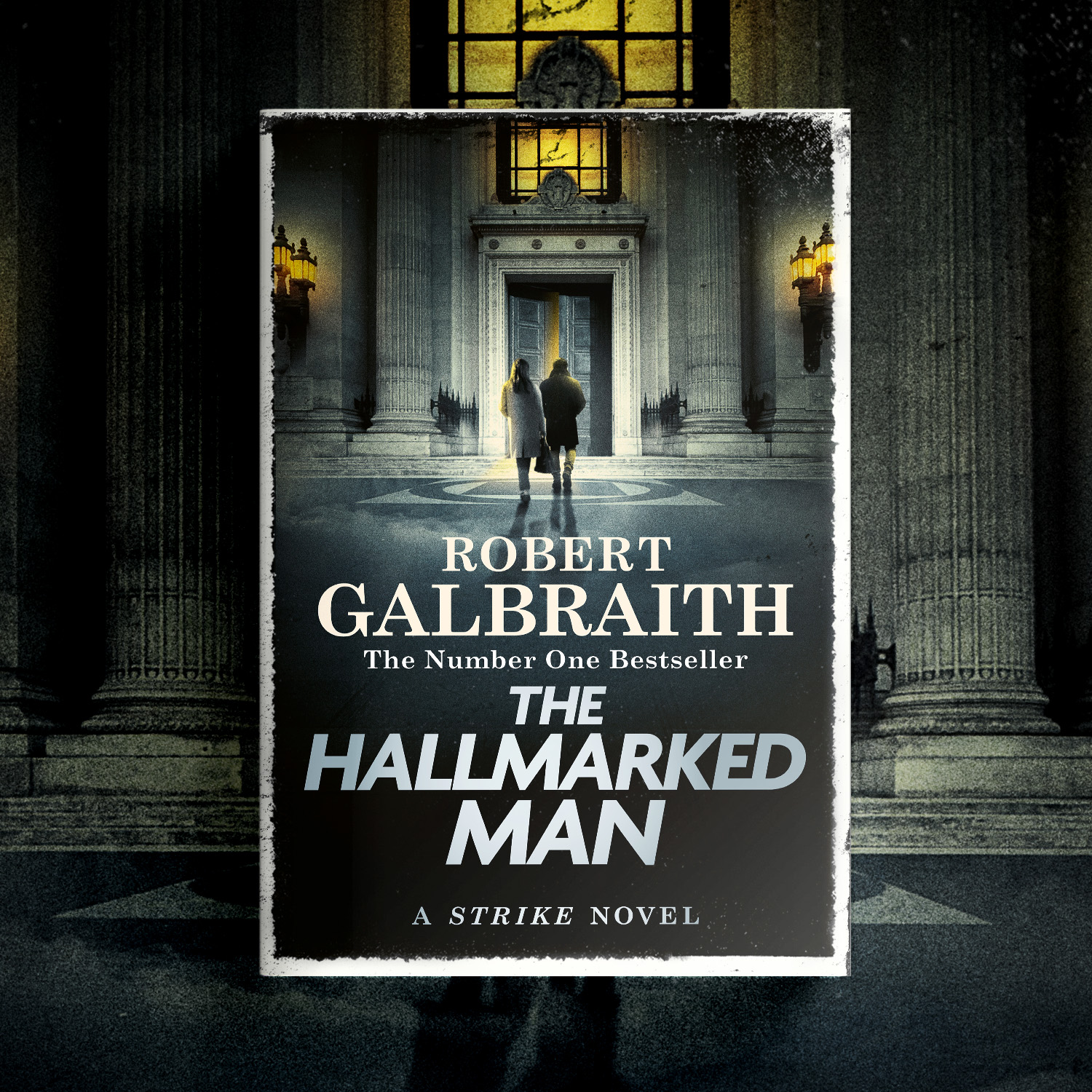J.K. Rowling, the globally renowned author behind the Harry Potter series, is back in the headlines—but not just for her writing. On September 2, 2025, her eighth Cormoran Strike novel, The Hallmarked Man, hit shelves in the UK and US, marking her latest foray into adult crime fiction under the pseudonym Robert Galbraith. The release is a major literary event, with fans eagerly awaiting the next chapter in the detective series that has become a publishing phenomenon in its own right.
Yet, even as her books continue to dominate bestseller lists, Rowling’s public persona remains deeply entwined with controversy—specifically, her outspoken views on gender identity and transgender rights. While her literary output shows no signs of slowing down, the cultural conversation around her has shifted dramatically in recent years.
A New Chapter in Crime Fiction
The Hallmarked Man arrives hot on the heels of
The Running Grave, which became an international No. 1 bestseller. The Cormoran Strike series, co-written with television writer Tom Edge, has carved out a loyal fanbase distinct from her wizarding world, proving Rowling’s versatility and enduring appeal. Early buzz suggests the new installment delivers the intricate plotting and character depth that have become hallmarks of the series.
Rowling’s commitment to her craft remains unwavering. In a recent in-depth interview, she discussed her writing process and the challenges of maintaining creative momentum across multiple franchises. Meanwhile, the
Harry Potter universe continues to expand, with a new TV series announced by Max and Warner Bros. Discovery, and the original books reaching new milestones—including over one billion hours of listening on Audible.
The Elephant in the Room: Rowling’s Transgender Comments
Despite her professional successes, Rowling’s legacy is increasingly shadowed by her public stance on transgender issues. Over the past several years, she has faced significant backlash for comments perceived as anti-trans, drawing criticism from fans, activists, and even the stars of the
Harry Potter films. The controversy shows no sign of abating.
In April 2024, Rowling made headlines by directly challenging Scotland’s new Hate Crime and Public Order Act, which criminalizes stirring up hatred based on protected characteristics including gender identity. In a provocative social media thread, she argued the law prioritized “the feelings of men performing their idea of femaleness” over the rights of “actual women and girls,” and dared authorities to arrest her if her posts violated the statute. The move was widely interpreted as a deliberate provocation, reigniting debate over free speech, gender rights, and the role of public figures in shaping cultural norms.
Rowling was also named in a 2024 cyberbullying lawsuit filed by Algerian boxer Imane Khelif, who alleged aggravated online harassment following false claims about her gender after an Olympic bout. While the details of Rowling’s involvement remain unclear, the case underscores how her public statements continue to reverberate beyond literary circles.
The Cultural Divide
Rowling’s dual identity—bestselling author and lightning rod for controversy—reflects a broader cultural schism. On one hand, her books remain beloved by millions, with new editions, adaptations, and merchandise keeping the magic alive for new generations. On the other, her comments have alienated a significant portion of her fanbase and drawn sustained criticism from LGBTQ+ advocates.
The author has not retreated from the spotlight, nor has she shown any indication of moderating her views. If anything, her willingness to engage directly with critics—and even challenge new laws—suggests she is prepared to weather the storm, regardless of the consequences for her public image.
What’s Next for Rowling?
With
The Hallmarked Man now on sale and the
Harry Potter TV series in development, Rowling’s influence on popular culture is secure for the foreseeable future. Yet, the conversation around her is unlikely to quiet down. As society grapples with issues of identity, free expression, and the responsibilities of cultural icons, Rowling’s story serves as a case study in the complexities of separating art from artist.
For readers, the choice is increasingly personal: to celebrate the stories that shaped a generation, to critique the views of their creator, or to navigate the uneasy space in between. One thing is certain—J.K. Rowling’s next chapter will be written as much by her critics and supporters as by her own pen.
Sources
1. Latest News - J.K. Rowling
2. News (Desktop Website) - The J.K. Rowling Index
3. A timeline of JK Rowling's anti-trans shift | The Week
4. J.K. Rowling: Home
5. Opinions Archive - J.K. Rowling
6. J. K. Rowling - Wikipedia
